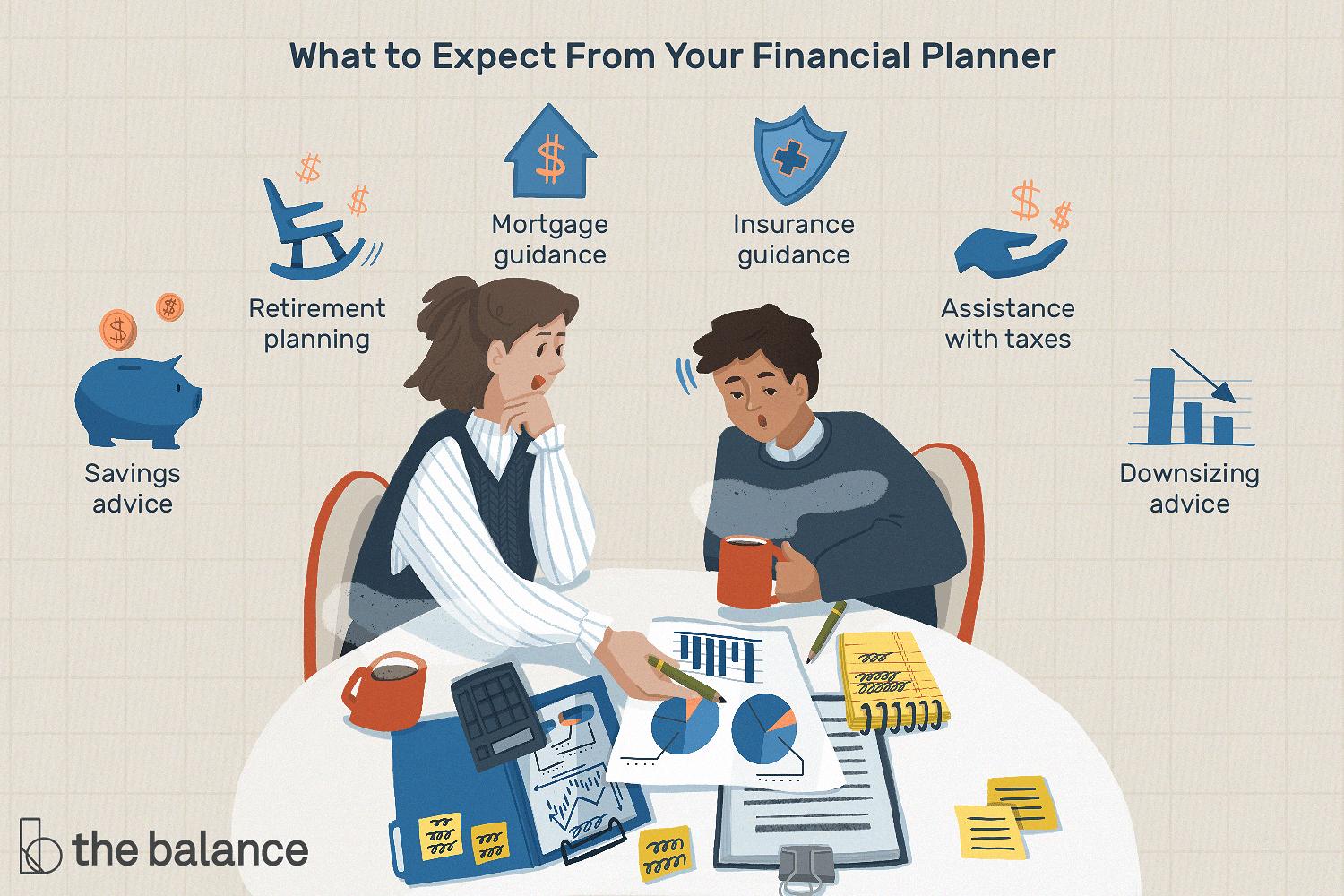
Many firms are investing in internal consulting to reduce the cost of external consultants. As companies seek to develop the best human resources in-house, this strategy is becoming more professional. Many companies now offer employees flexible consulting roles as part a larger career development program. This type of consulting is expected to grow in popularity and be more valuable for companies.
Job descriptions
It's crucial to describe the role in a job description that you create for an internal consultant position. The job description should be clear and concise. The description should also convey your company's values. Here are some tips for writing a successful description. Write a job description that is concise and well-structured. These are some suggestions for how to write a job description in consulting.
You will need strong skills in consulting and knowledge of the company to be an internal consultant. Core consulting areas like Six Sigma, process improvement, project management are all essential. Additionally, you should be able to communicate effectively with a diverse set of stakeholders and develop relationships with executive leaders. These skills will allow for you to be an executive business partner to senior management by working across various organizations and support functions. Furthermore, you will be able to tackle many technological and business issues.

Internal consultants need to have the right personality traits
Internal consulting jobs require individuals to have the skills to lead change and facilitate change. These individuals need to be able and able to communicate with others and build trusting relationships. They must also be able give more than the client requested. This article will discuss the essential traits for success in this field. These are some examples of skills needed to excel in an internal consulting job.
Having the right personality is essential to become an effective internal consultant. They must be able deal with internal politics and problems. They must be self-aware and optimistic.
Skills required for internal consultants
For internal consulting jobs to be successful, you will need to have certain skills. You must be creative, able to think critically and use logic to create strategies and programs that can be adapted as necessary after they are implemented. Ability to analyze data, and understand organizations. Additionally, you will need to be proficient in systems and organizational structures.
Internal consultants must have the ability to persuade and influence others to support their ideas. He or she must be able present ideas to senior leaders and convince them of their merits. Furthermore, the internal consultant should be able speak clearly and concisely. Finally, the internal consultant should be sensitive to others' opinions and take constructive criticisms in stride.

Working as an intern consultant: The perks
There are many benefits to working as an intern consultant. It gives you the unique chance to learn about a company's internal processes. You also get to develop an understanding of the vertical integration of the business. This type of consulting is also less expensive than external consultancy. Additionally, an internal consultant is available to you as and when you require them. As an internal consultant, you have the chance to establish valuable relationships within your organization.
To bring about change, you will work with different teams in the company. You must build trusting working relationships and be open to hearing other people's concerns and ideas. You should also be able provide more than you promise and on time. Your ability to add value to your client's success will make you more effective at implementing changes within the company.
FAQ
What is the secret to modern consulting?
Consultants were originally accountants who could help companies manage their financial affairs. They became known as "accounting consultants." This was because they had become very skilled at managing financial information. The role soon expanded to include other areas, including human resources management.
The French word "to advise" is the origin of the term "consultant". It was first used by businessmen to refer to someone who could give advice about how to run an organisation. Many business owners use the term "consultant" to describe any professional advisor.
How do I set up an LLC to consult?
You must first figure out what you want to do as a service provider. The next step is to ensure that you're qualified for the services you offer. It is also possible to locate someone who has done the same job as you and find out how they do it.
Once you know what you want to provide, then you should try to figure out where your target market is. If they don't exist, you might have to make them.
You must then decide whether you want your business to be run by you or hired others.
Another option is to get a state license. This requires a lot of paperwork and legal fees.
How is consulting different from freelancing
Freelancers work as independent contractors and offer their services without the assistance of an agency or company. They usually charge an hourly rate based on how much time they spent on a project. Consultants usually work for agencies or companies that employ them. Their salaries are paid usually monthly or annually.
Because they set their own hours and prices, freelancers are often more flexible than consultants. But consultants have more benefits like vacation days, health insurance and retirement plans.
What are the benefits of consulting?
Consultants have the ability to choose when and on what they work.
This means that you are able to work from wherever you're at any time.
It also means you can easily change your mind without worrying about losing money.
Finally, you are able to manage your income and make your own schedule.
What type of contracts are available to consultants?
Most consultants sign standard employment agreements when hired. These agreements define the terms of the agreement, including how long the consultant is expected to work for the client as well as what he/she should be paid.
Contracts specify the area of expertise that the consultant will specialize in and the amount they will be paid. An agreement could state, for example, that the consultant will offer training sessions, workshops and webinars.
Other times, the consultant simply agrees to complete specific tasks within a specified timeframe.
In addition to standard employment agreements, many consultants also sign independent contractor agreements. These agreements allow the consultant to work independently but still receive payment for his/her efforts.
What qualifications do you need to be a consultant?
It's not enough just to have an MBA degree; you must also demonstrate experience working as a business consultant. You must have at least two years' experience working in consulting and/or training within a large company.
You must have worked closely with senior management teams on strategy development projects. This would require you to be comfortable with presenting ideas and getting buy in from clients.
You will also need to pass a professional qualification test such as the Chartered Management Institute Certified Management Consultant certification (CMC).
Statistics
- On average, your program increases the sales team's performance by 33%. (consultingsuccess.com)
- "From there, I told them my rates were going up 25%, this is the new hourly rate, and every single one of them said 'done, fine.' (nerdwallet.com)
- According to IBISWorld, revenues in the consulting industry will exceed $261 billion in 2020. (nerdwallet.com)
- According to statistics from the ONS, the UK has around 300,000 consultants, of which around 63,000 professionals work as management consultants. (consultancy.uk)
- So, if you help your clients increase their sales by 33%, then use a word like “revolution” instead of “increase.” (consultingsuccess.com)
External Links
How To
What does a typical day look like for a consultant?
Each type of work will dictate the day's pace. You'll spend your time researching new ideas and meeting clients.
You will have many meetings where clients and you can discuss their issues. These meetings can be conducted over the phone, by email, face-to-face, or online.
It is possible that you will be asked to write proposals. These documents outline your ideas and plans, and are required by clients. These proposals will be presented to clients by you and a mentor.
After all the preparation, you'll need to start creating content. Writing articles, designing websites, editing photos or conducting interviews are just some of the options.
It depends on the project's scope, you might need to do some research to collect relevant statistics. You might need to determine how many customers you have, and whether they buy more than one product.
Once you have enough information, it is time to present your findings and conclusions to clients. Your findings may be delivered orally, or written.
After the initial consultation, it is important to follow up with clients. For example, you could call your clients periodically to check how things are going. Or send them emails asking them to confirm they have received the proposal.
This is a long process that can take some time. However, it is crucial to stay focused and to maintain good relationships.